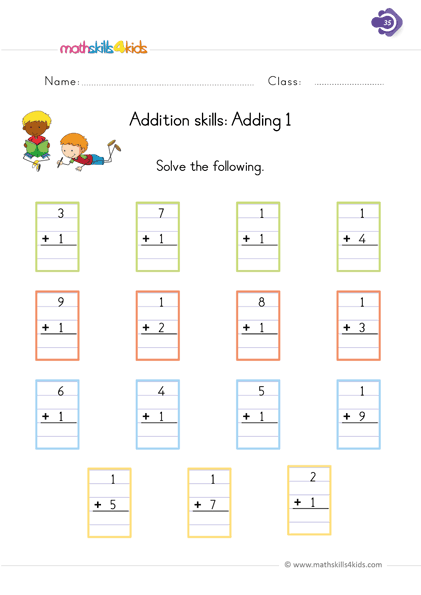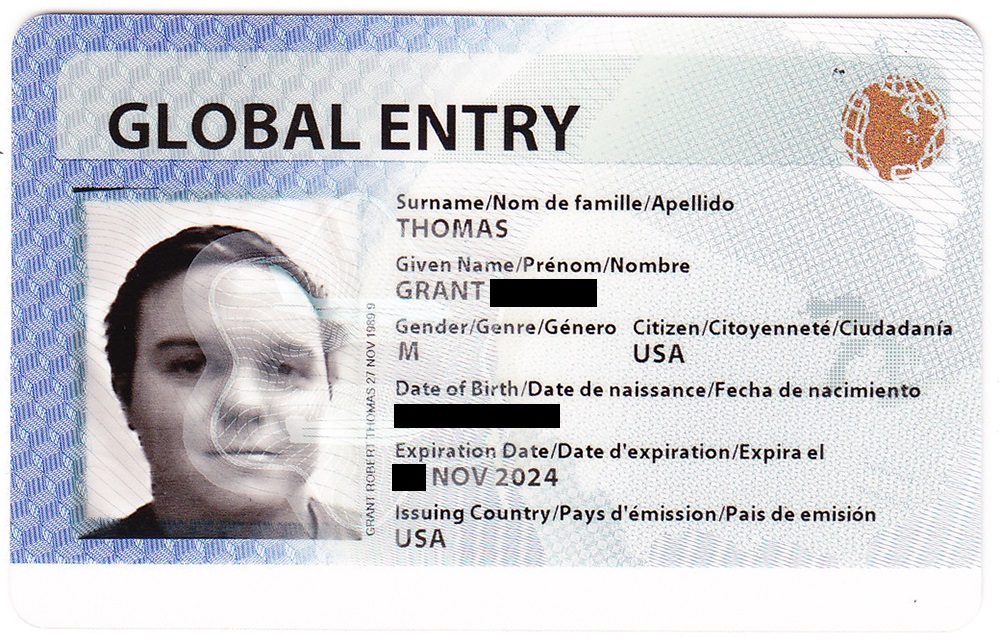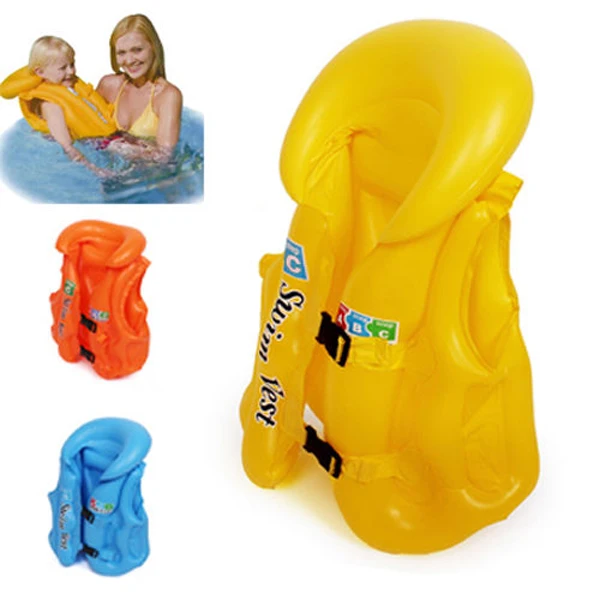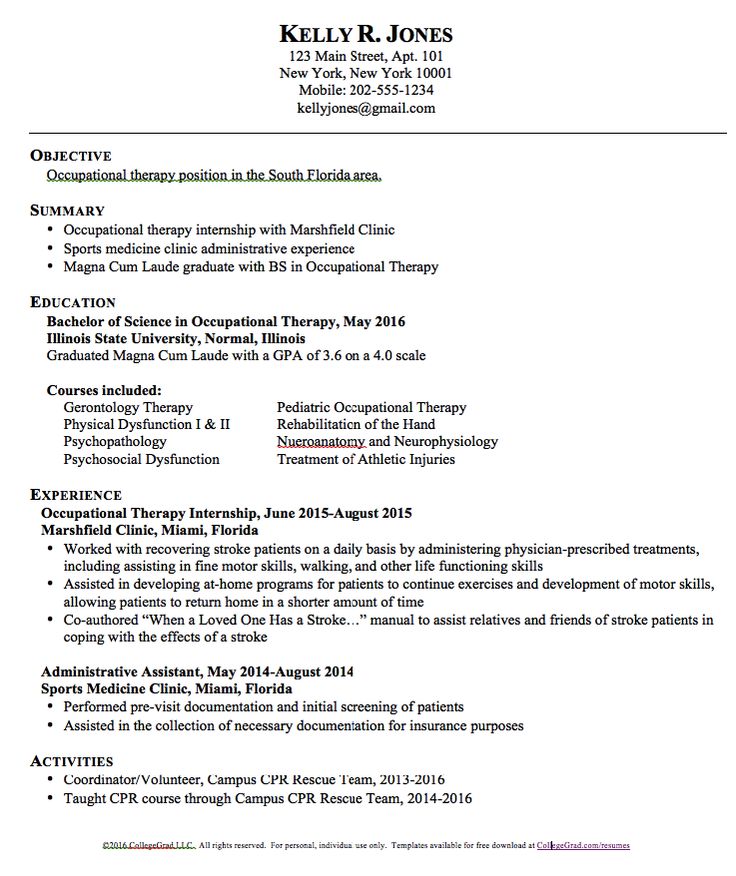How to make your child smart in math
7 secrets to get your child excited about math Math
-
Be an example
Many adults say they hated math in school, according to national polls. If you are one of them, be careful that you don’t communicate that attitude to your child. It can cause math anxiety, which sadly is contagious. Help your child improve his attitude toward math by showing him that you are confident when completing routine tasks like counting money from a school fundraiser, estimating the cost of a purchase, or completing your tax return. You can also point out the importance of math in different professions including architecture, medicine, fashion design, restaurant management, and computer programming. These small switches in how you talk about math can make a difference and even get your child excited about math.
-
Help your child use math every day
Encourage your child to solve problems involving math outside of school. In the grocery store, ask him to figure out the price of four cans of tuna fish.
In the car, ask her how long it will take to travel to your destination based on your speed. In the toy store, ask her to calculate the price of a discounted toy and how long it will take to save up her allowance to buy it.
-
Familiarize yourself with learning standards
It’s important to know what math skills your child should learn in his current grade. (Here’s what your child should be learning in math in kindergarten, 1st grade, 2nd grade, 3rd grade, 4th grade, 5th grade, 6th grade, 7th grade, and 8th grade. You can also see grade-level math skills in action by watching our Milestones videos.) If you know what your child should be learning, it’s be easier to complement those skills with activities at home.
-
Monitor your child’s math homework
Do your child’s math assignments only call for rote work or does the teacher include a creative “problem of the week” that tests students’ understanding of mathematical concepts? Ask your child’s teacher which techniques she uses to help students become more comfortable with math.
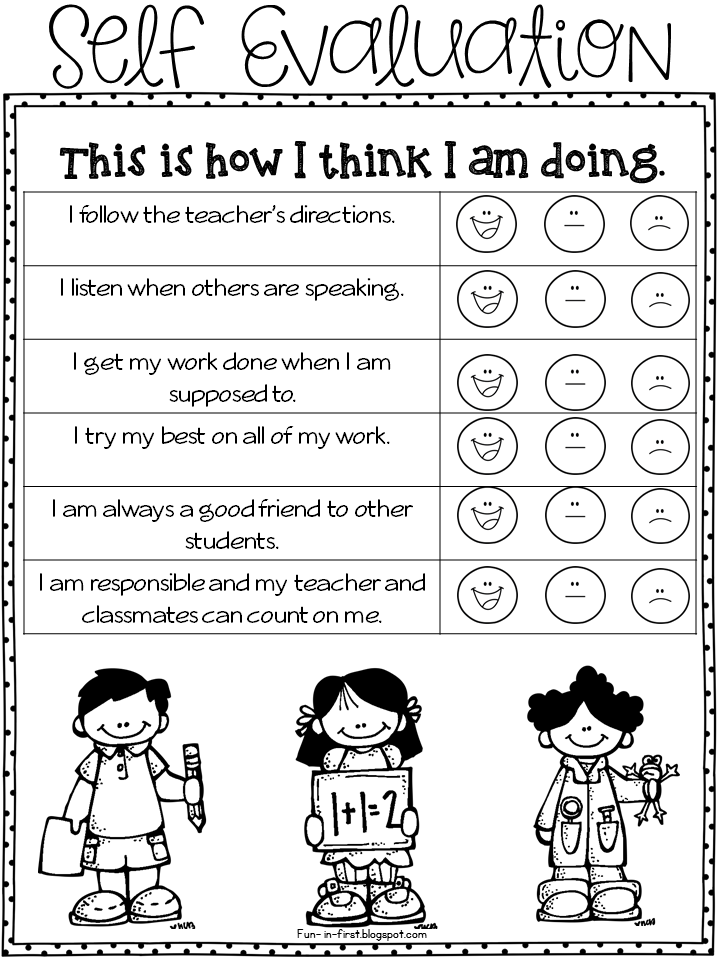
-
Pay attention to details
You can help your child with math homework by making sure she shows all her work when solving equations and checks for correct calculations and answers. It’s a good idea to limit distractions and set aside the same time every day for homework.
-
Play math games at home
There are many games your child can play that involve math. Beginning in the elementary years, students can learn to enjoy math by playing games such as chess, dominoes, cribbage, checkers, Set, Monopoly, Yahtzee, and backgammon.
-
Read books that incorporate math
More and more schools are starting to integrate diverse subject areas into the curriculum so that students can make clearer connections. But how do you include math in a history or English class? One way is to read books in which the main characters solve a problem using math or logic. Examples include One Hundred Angry Ants by Ellinor J. Pinczes, The King’s Commissioners by Aileen Friedman and Socrates and the Three Little Pigs by Tuyosi Mori.
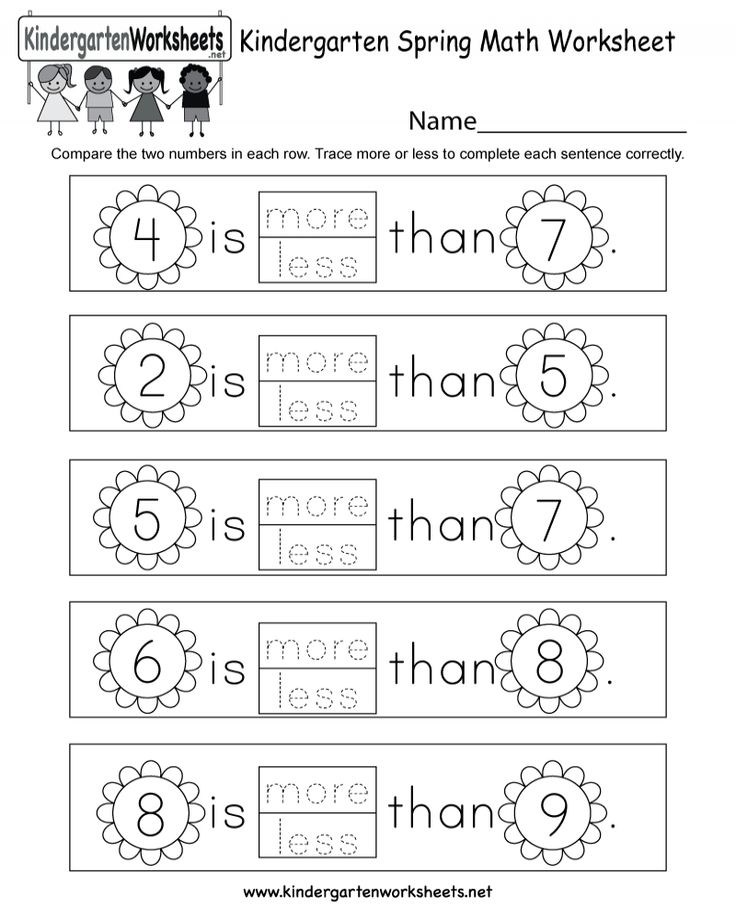
The bottom line
We naturally encourage our children to read, write, and speak outside of school. Yet we often leave learning math skills to 45 minutes a day in the classroom. Like everything else, your child’s skills, confidence, and excitement about math will improve with daily practice, support, and encouragement.
How To Make Your Child Smart In Math At Home, How To Make My Child A Math Genius
Your child is interested in math, but you're confused about how to make math learning fun at home. Is math all about addition and subtraction? Can little kids be taught math? Read on to know more
Every year, National Mathematics Day is celebrated on December 22, which marks the birth anniversary of mathematical legend, Srinivasa Ramanujan. A child prodigy, he wasn't introduced to formal mathematics till he turned 10 years old! Until he was 16, he had never seen a proper mathematical book, and he never had any formal training in math. But like most children, the young Ramanujan had a natural curiosity for numbers and patterns.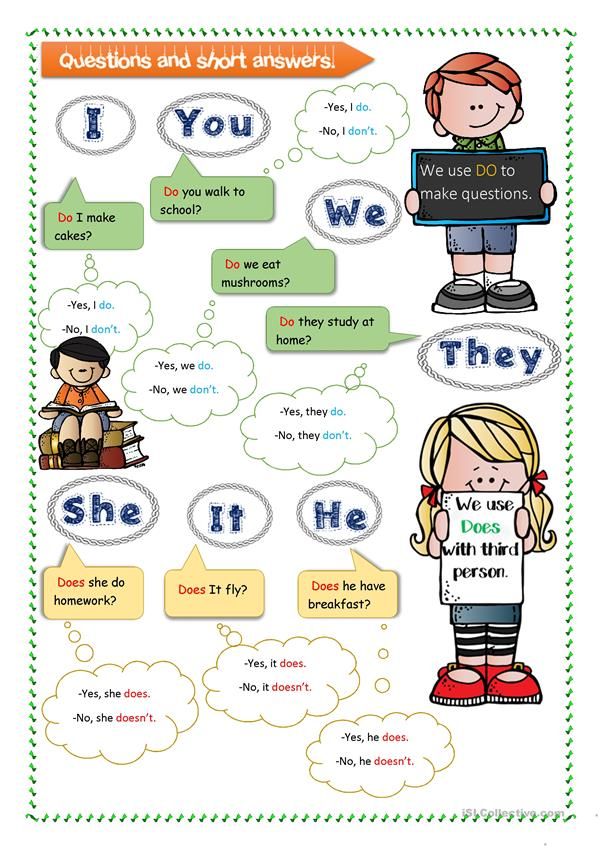
Yes, you don't need thick books or extra classes to help your little one develop an interest in math. So this National Mathematics Day, we urge you to reimagine how to make math learning at home more fun and hands-on for your child.
Benefits of a strong math foundation in early childhood
- Math is all around us. We use it more often than we think-from recipes and shopping to even gardening and art.
- Research has shown a strong link between a young child's numeracy skills and her future academic achievements. Children who have a strong foundation in math in their early years go on to be successful in math and in academics.
- Math activities help develop other skills in your child, such as logical reasoning, critical thinking, creativity, and problem-solving.
- Eighty percent of the jobs in the future will need mathematical skills, so starting math education early is important and easy too.
Why do we lose interest in math
If you place two bowls of chocolates in front of a toddler, the chances are he will grab the bowl that has more chocolates in it. Yes, toddlers, and even babies as young as a few months old, intuitively understand the concept of quantity. Yet, when we introduce math in a formal way, many children seem to lose interest in math. Why is that so?
Yes, toddlers, and even babies as young as a few months old, intuitively understand the concept of quantity. Yet, when we introduce math in a formal way, many children seem to lose interest in math. Why is that so?
It's usually because of three important reasons:
- We often pass on our own biases against math to our children.
- When teaching young children, we focus on math symbols, terms, methods and abstractions, instead of helping them learn the fundamental concepts in a hands-on, fun way.
- We tend to place a lot more emphasis on whether the solution to a problem is 'right,' rather than focusing on how the child is thinking about the problem and arriving at the solution. We expect the child to be perfect and make no mistakes.
What can you do to instill a love of math in your child?
- Keep your preconceived notions aside. You may have found math challenging or you may have enjoyed it. But, in front of your child, avoid saying things like, "Math is hard," "It's so easy," "I hate math" and so on.
 Instead, talk about how you solved problems, the process you used and what made it interesting for you.
Instead, talk about how you solved problems, the process you used and what made it interesting for you. - Integrate math into your child's everyday routine. Learning by doing is critical to mathematical skill development. You too can encourage the mathematical genius in your child by integrating math into your child's daily life and doing simple activities at home. Use math vocabulary and create opportunities at home to introduce various math concepts.
- Get your child to think about the process. When your child solves a problem, instead of saying it's right or wrong, ask open-ended questions such as:
- How did you get that answer?
- What did you do?
- Tell me how you figured it out.
Even if your child didn't arrive at the right answer, just getting him to think about what he did to arrive at his answer will help him figure out the solution on his own. When you turn these mistakes into learning opportunities for your child, it strengthens his concepts and knowledge of the subject.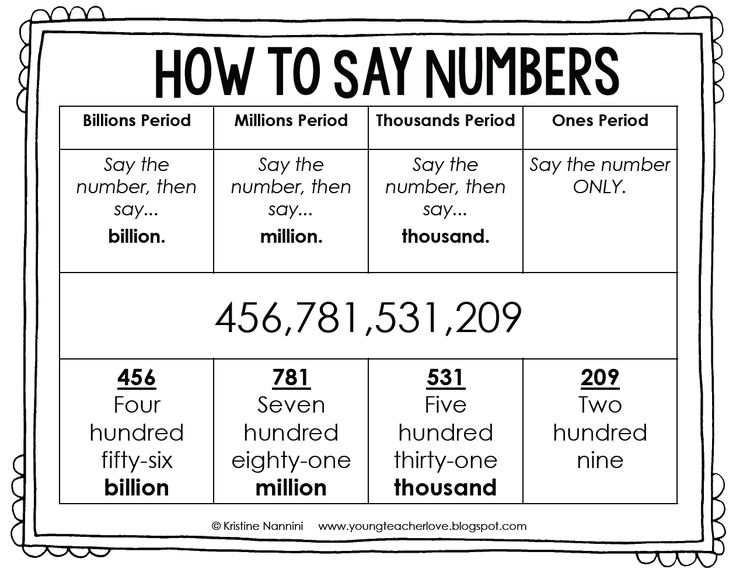
Counting and numbers
The first mathematical concept parents introduce to their children is counting from 1 to 10 (and on and on), and then they jump to written math activities with the children. But there's so much more to counting than just reciting numbers or writing them. Your child needs to understand the one-to-one correspondence between a number-name and the object being counted, the importance of the order of numbers, that the last number-name the child says while counting a set of objects tells you the 'quantity' in that set, that a 'bigger' number indicates 'more' quantity and so on.
So you would want your child to understand numbers and not just simply recognize, recite and write them, right? For this, experiential or hands-on learning is important. Here are some tips you can use to help your child learn to count at home:
1. Count Everything
- Counting can be easily done with everyday household items. When your child counts things around her every day, she begins to better understand the concept of counting and numbers.
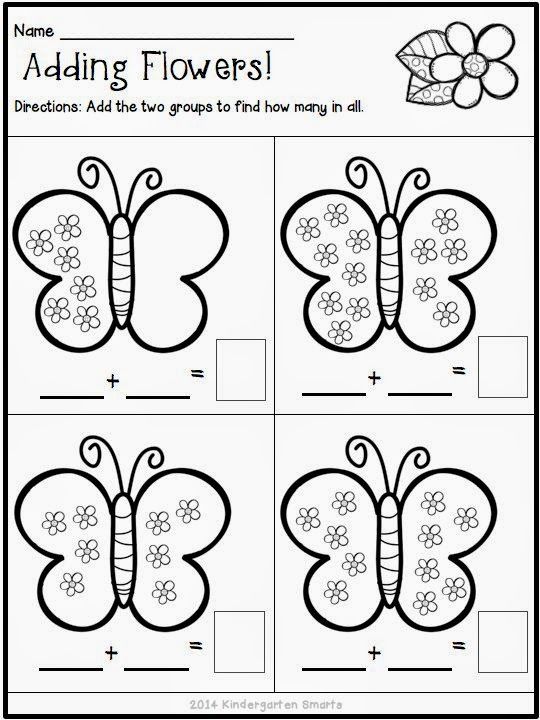
- In the kitchen, ask your child to count apples, spoons, lemons, etc. Have her bring you 4 plates or 3 napkins to help you set the table.
- If you are out in the garden, ask her to count the number of trees, number of flowers, number of birds, and so on.
- When you go grocery shopping, have her help you count the fruits you need to buy.
- Get her to count the number of steps you need to climb to walk from downstairs to upstairs.
- Have your child jump 5 times or hop 10 times or throw the ball 3 times.
2. Introduce Math Vocabulary
Just like you introduce your child to different words like apple, ball, blue, large, or whale, make an effort to introduce math vocabulary, such as 'total,' 'altogether,' 'remaining,' 'greater than' and 'lesser than.' By introducing such words early on, you are familiarizing your child with the math vocabulary she'll encounter later in school. And solving word problems won't be a 'problem' for your child in the future! For example, ask your child questions such as:
- If we need one plate each for mom, dad, sister, and you, how many plates do we need altogether?
- If I gave you 5 cookies and you give one to your friend, how many will you have left?
- If there are 2 blue flowers and 3 yellow flowers in the vase, how many flowers are there in total in the vase? Are there more blue flowers or yellow flowers in the vase?
- You could also do a simple counting activity like this one where you introduce math vocabulary:
How-to Steps:
a. Take a large tray and keep a few items on it, such as blocks, pencils, and erasers.
Take a large tray and keep a few items on it, such as blocks, pencils, and erasers.
b. Now ask your child to count all the items on the tray.
c. Add one more item and say to your child, "We counted 5 items. Now I have added one more. How many items are there altogether now?" Let your child count all the items again if he can't instantly answer the question. Whether he answers right or wrong, ask, "How did you figure that?"
d. Repeat the same activity, but this time remove one item and ask, "How many items do we have left on the tray?"
e. To make it more challenging, you could ask questions such as, "How many more do I need to add to have 6 items?" or "How many should I remove to have only 4 items on the tray?"
f. Split the items into two trays. Now get your child to count the items on each tray. Which tray has more items? Which one has less?
Math is more than just numbers
There's so much more to math than just numbers! From shapes and patterns to sorting and measurement, you can do so many fun math activities with your child.
Sorting
- Put different colored blocks in a tub. Get your child to sort the blocks by color.
- While doing laundry, get your child to sort by innerwear and outerwear. To make it challenging, have him sort clothes by type (skirts, shirts, socks, underwear, etc.) or by color or by who they belong to.
- Have your child sort the groceries you brought home.
Shapes and Patterns
- Roll out large-sized rotis. Give your child different-shaped cookie cutters to make rotis in fun shapes! To make it challenging, ask him to find things around the house that he can use to cut the roti in different shapes, such as a bowl, the lid of a box, or a funnel.
- As you walk around the house or neighborhood, play the 'I Spy' game where your child has to find something that is shaped like the shape you call out, say a 'triangle' or 'square.'
- When you ask your child to bring you something, describe that object with its shape: "Can you please bring me the circle-shaped plate?" or "Can you bring me the square-shaped box?"
- Draw different shapes on the ground and have your child jump on a shape or walk along with the shape.
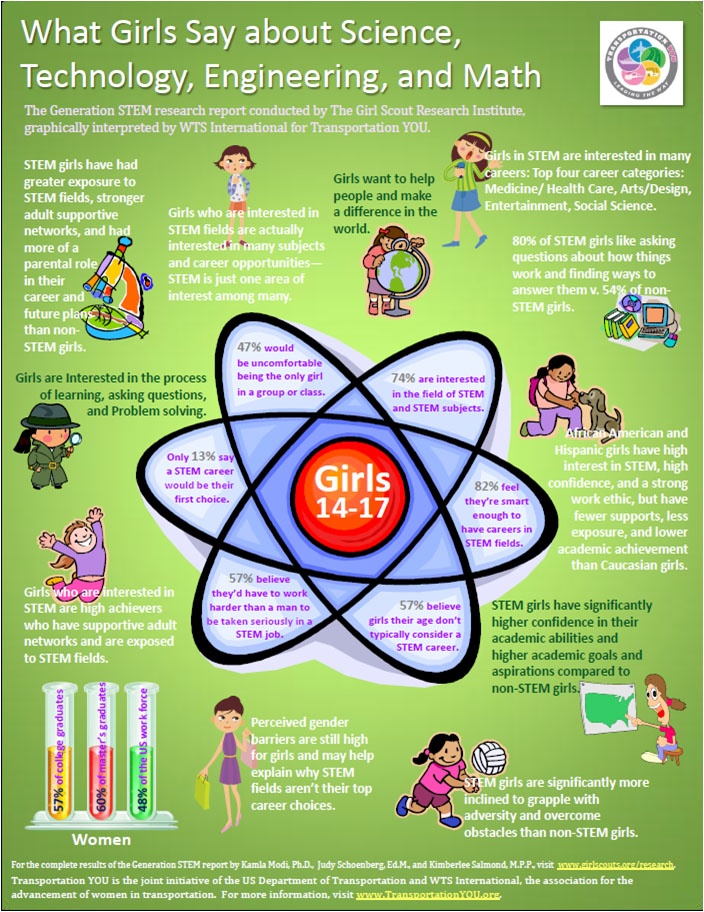
- Ask thinking questions such as, "Why is this a triangle?" or "Why is this not a triangle?"
- Get your child pattern blocks or different cut-out shapes. Have her create various patterns with them. You could also create a pattern and then have her copy you.
Measurements
- Get your child to measure the length of different things using a book, his feet, or even a scale.
- Place two objects side by side. Which object is bigger? Which is smaller? Why? (Here your child may tell you one object is bigger because it's taller or longer, or thicker or heavier.)
- Give a tub of water or rice and different bowls. Have your child measure how many cups of water or rice will fill each of the bowls. Here you are introducing the concept of volume.
Other fun ways to get your child to fall in love with math
- Read math stories
- Sing math rhymes
- Play board games that involve number cards, dice and counting
- Play indoor games and outdoor games that involve shapes and counting such as hopscotch or even tossing a specified number of balls into a basket.
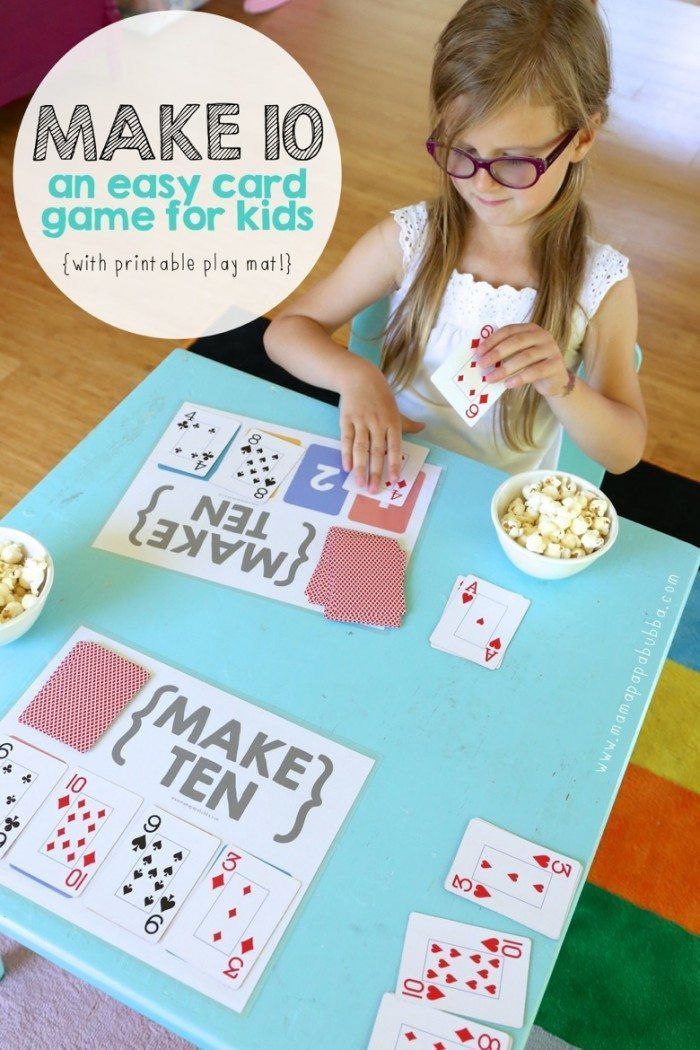
As you can see, it's easy to include math activities in your everyday life. When you 'teach' math, you risk your child fearing it, but instead, 'practice' math regularly and watch your little one fall in love with it!
We hope you have a wonderful time doing these activities together with your child.
Happy National Mathematics Day!
How to Raise an Intelligent and Intelligent Child - Child Development
This article presents the most effective and important tips on how to raise an intelligent and savvy child, contributing to his intellectual growth.
1. Start teaching your child at an early age - According to research, it is necessary to start teaching a child "from the cradle". To ensure the successful early development of the baby, experts recommend that parents show maximum sensitivity and responsiveness towards him full of love and attention, eliminate stress factors, talk with the baby, sing to him and gesticulate a lot, use numbers and rhythmic games, create conditions and help development. three-dimensional perception and, of course, to instill a love of learning. nine0003
three-dimensional perception and, of course, to instill a love of learning. nine0003
2. Read books to your baby – start reading even if he doesn't understand the words yet. This will give the child a head start in developing speech skills. Children who are read to from an early age are more likely to develop a lifelong interest in reading, do well in school, and succeed in adulthood. Reading books is one of the most important activities that makes children smart.
3. Talk to your baby - it helps your baby develop great language skills. Also, listen carefully when he says something. This way you can encourage your child to communicate and help develop fluency. nine0003
4. Interact with your child, play with him and help him feel loved. Scientists have observed that children who are not hugged, cuddled, played with, or loved by their parents often experience intellectual retardation. It has also been proven that babies who are not carried and paid no attention grow poorly, become depressed and eventually die. On the other hand, many studies show that love, hugs, interaction and play with a child have a powerful positive effect on the development of his intelligence. The tender bond formed between you and your child and your interactions with them provide the foundation for developing better thinking skills. nine0003
On the other hand, many studies show that love, hugs, interaction and play with a child have a powerful positive effect on the development of his intelligence. The tender bond formed between you and your child and your interactions with them provide the foundation for developing better thinking skills. nine0003
5. Raise your child to be a reader - A love of reading can be of great benefit. This is one of the most important qualities that you can develop in your baby in order for him to grow up smart. Reading increases the thirst for knowledge. The more the child learns from what he read, the more he wants to learn more. If a child begins to read at an early age, he becomes well equipped to understand complex material from the fields of mathematics, science, history, engineering, mechanics, political science and other knowledge necessary for a productive life. nine0003
6. Let the baby play - when the child plays, he creates the basis for the development of his intellectual, social, physical and emotional skills. When he plays with other children, he learns to relate his ideas, impressions and feelings to the experiences and opinions of other children.
When he plays with other children, he learns to relate his ideas, impressions and feelings to the experiences and opinions of other children.
7. Encourage sports - physical exercise makes a child not only strong, but also smart! Sports activities increase blood flow to the brain and, accordingly, help it in the construction of new cells. Physical exercise is also good for mental sharpness in adults, but it has a more lasting effect on the developing brain of a child. nine0003
8. Make music a part of your child's life - Studies have found that listening to music improves memory, attention, motivation and learning. Music is also a good way to relieve stress, which has a devastating effect on the baby's brain. Learning to play a musical instrument has a positive effect on the brain's ability to operate with the concepts of proportion and space-time relationships - the foundations of abstract mathematics.
9. Let your child see that you are doing thoughtful things - children learn by imitating the behavior of adults.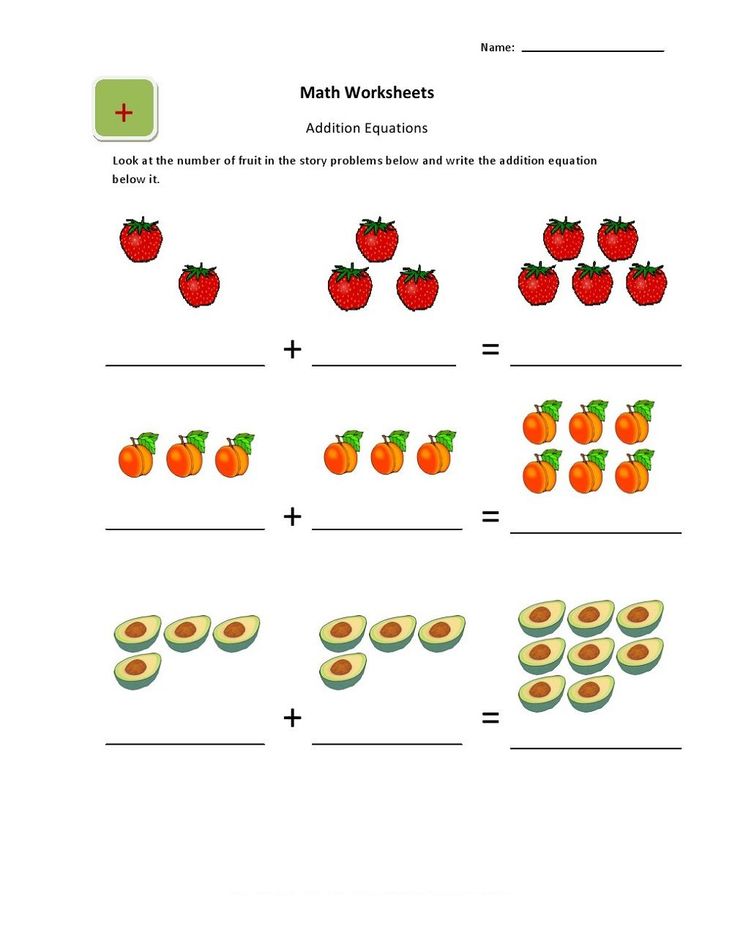 If a child sees you reading books, writing, composing music, or other creative activities, he will imitate you and become smarter in the process.
If a child sees you reading books, writing, composing music, or other creative activities, he will imitate you and become smarter in the process.
10. Limit your child's time in front of a TV screen - Children should not watch TV at all before the age of two. Television takes away children's time for more important brain development activities such as games, socializing and reading books. nine0003
11. Let your young intellectual play smart computer games - the best children's computer games will teach your child letters, mathematics, music, phonetics and much more. They also help develop his hand-eye coordination and prepare him for the technologies of the future. More importantly, the child learns while playing. Learning that is combined with fun is what children like the most.
12. Let the child be bored - experts believe that it is good for children to be bored from time to time. Learning to endure boredom is part of preparing for adulthood. The child must learn to enjoy "quiet reflection" instead of necessarily forcing himself to fill his days with active activity. nine0003
The child must learn to enjoy "quiet reflection" instead of necessarily forcing himself to fill his days with active activity. nine0003
13. Allow your child to take risks and fail - children who do not like to take risks and fail, or feel particularly hurt by falling off a bike or losing a competition, develop low self-esteem and acquire phobias and, in fact, hinder their own creativity development and training. Try not to come to the aid of children too quickly. Let them solve problems on their own and thereby learn from experience.
14. Give your child the right nutrition - A healthy diet is of great importance for the development of a child's intelligence. It is important to give your baby proper nutrition even during pregnancy. In older children, a high-protein diet (egg, fish, meat) improves attention, understanding, and intelligence. Carbohydrates give the brain the "fuel" it needs for thought processes. It is better to get carbohydrates from whole grains and fruits.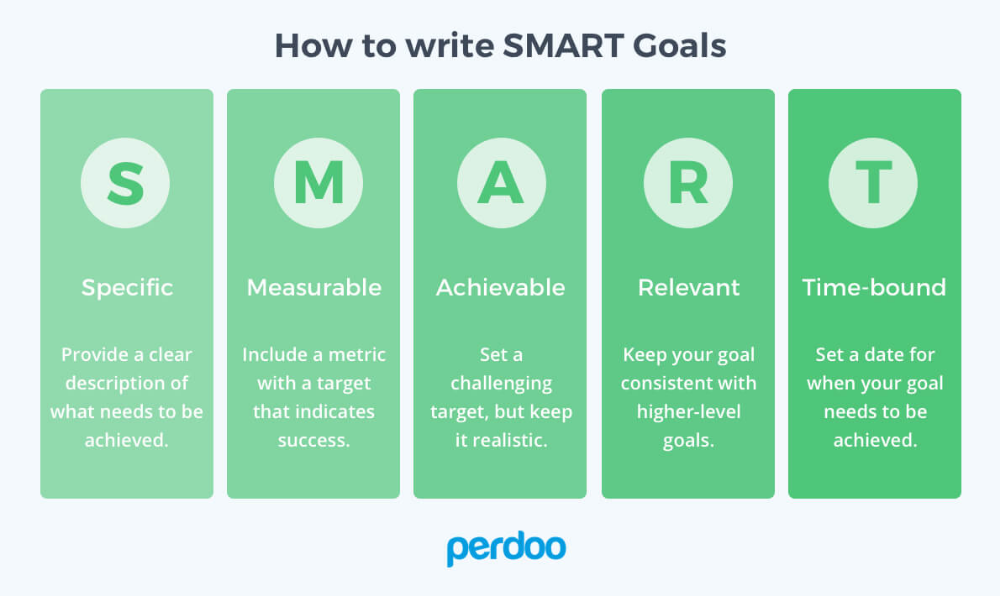 Processed carbs and sugar are bad for attention span, ability to focus, and activity levels. Vitamins and minerals are also very important. nine0003
Processed carbs and sugar are bad for attention span, ability to focus, and activity levels. Vitamins and minerals are also very important. nine0003
15. Make sure your child gets enough sleep - Research has found a relationship between sleep and academic performance. Long-term sleep problems in a child are the cause of other serious and long-term problems.
16. Help your child develop perseverance - perseverance is the willingness to achieve long-term goals with your work, perseverance and endurance. It is believed that perseverance distinguishes a successful person from a failure and is a more important character trait for success than innate talent or intelligence. As a way to teach perseverance, share with your child the upsets and disappointments you have experienced and overcome. nine0003
17. Praise your child for hard work, not for being "smart" - when you praise your child for his efforts, you help him feel in control of his own success.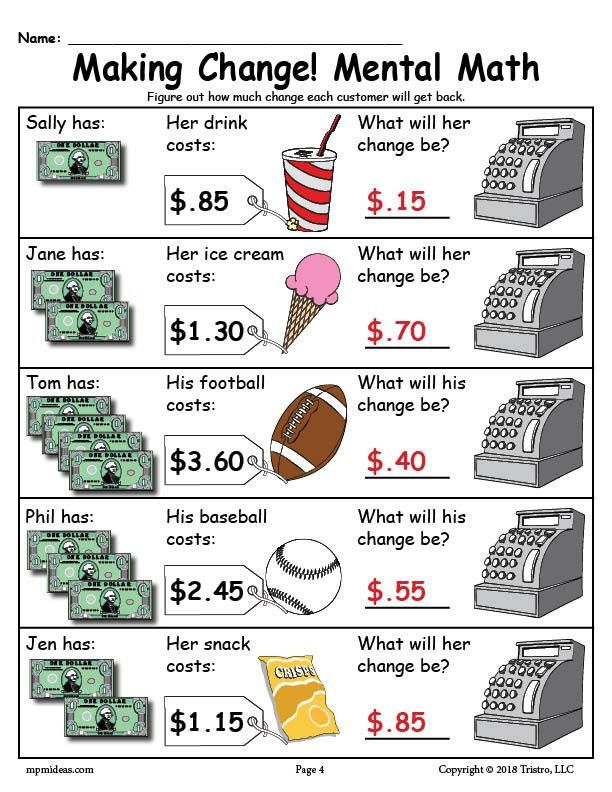 Praise for showing intelligence discourages a child from doing difficult tasks, because failure may not match his assessment of himself as an intelligent person. In addition, praise should be given periodically, not constantly, so that the child's diligence is not based solely on rewards that include praise. nine0003
Praise for showing intelligence discourages a child from doing difficult tasks, because failure may not match his assessment of himself as an intelligent person. In addition, praise should be given periodically, not constantly, so that the child's diligence is not based solely on rewards that include praise. nine0003
18. Cultivate a growth mindset in your child - Researchers believe that children should be encouraged to view learning as a process that helps them develop and become better at something, and not consider their intelligence to be constant and unchanging. When a child fails, he should see it as an opportunity for growth, instead of seeing himself as a failure.
19. Try not to court or cherish the child excessively - unless, of course, you want him to become a leader. In addition, invite your child to complete tasks that require patience so that he learns discipline. nine0003
20. Use money as one of the educational tools - experts say that "bribery" of a child in order to awaken his motivation is a completely normal parenting strategy.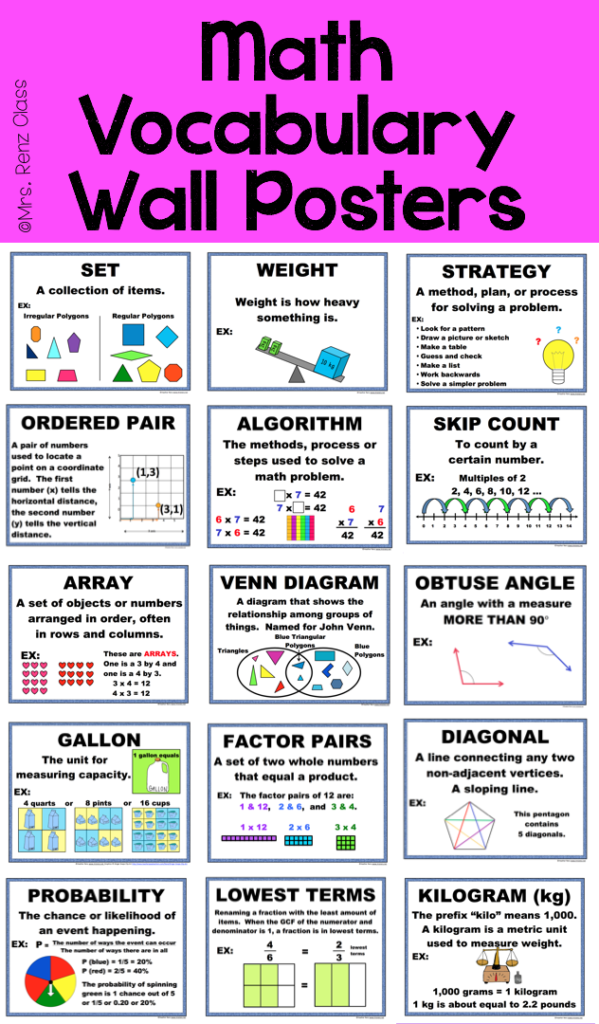 Ask your child what he likes best as a stimulus. Sometimes money or material objects are not as important to the baby as, for example, video or computer games. However, you cannot bribe a child to control him or force him to stop unacceptable behavior. nine0003
Ask your child what he likes best as a stimulus. Sometimes money or material objects are not as important to the baby as, for example, video or computer games. However, you cannot bribe a child to control him or force him to stop unacceptable behavior. nine0003
21. Give your child more time for open, free activities instead of putting it in a fixed schedule. According to the study, children who have enough time for unstructured activities and games show a high level of executive brain function, and vice versa. Executive functions greatly help children in everyday life, and in many ways: from the ability to flexibly and quickly switch from one activity to another and not get hung up on something, to the ability to restrain and not scream in a state of anger and delay pleasure. A child's executive function predicts important indicators such as academic performance, health, wealth, and criminal propensity for years and even decades. nine0003
22. Do not control the child at the micro level - and do not constantly correct him.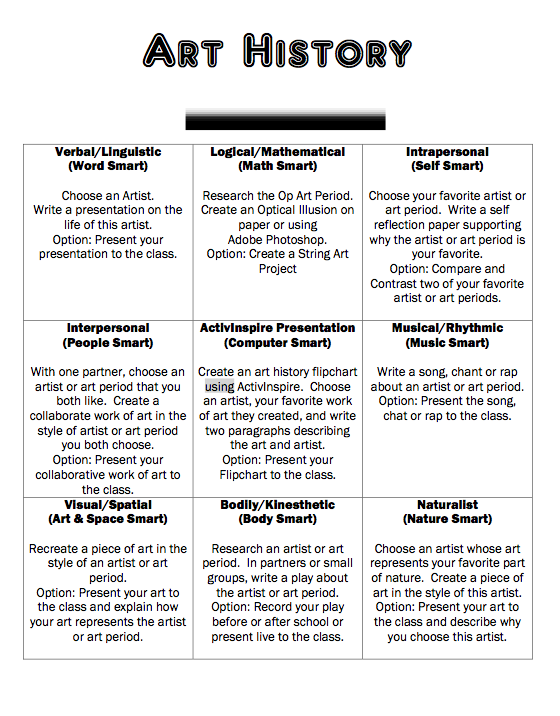 Let him explore the world around him on his own to develop creative and innovative thinking.
Let him explore the world around him on his own to develop creative and innovative thinking.
23. Give your child tasks in the kitchen - this will not only teach him how to cook, but also improve his mathematical and motor skills (ie motor skills).
24. Research has found that families where fathers do housework have daughters who are able to choose from a much wider range of career and professional options, unlike families where household chores are distributed unfairly. nine0003
How to captivate a child with mathematics. Advises Lyudmila Peterson
Mathematics "according to Peterson" is widely known not only in Russia. In December 2018, Lyudmila Georgievna's textbook for elementary and basic schools successfully passed all the necessary examinations and, at the numerous requests of teachers and parents, returned to the federal list again. At the beginning of the school year, we asked her to tell us how to help a child with mathematics, how to get adults interested in it, and why it is important for children to feel their success.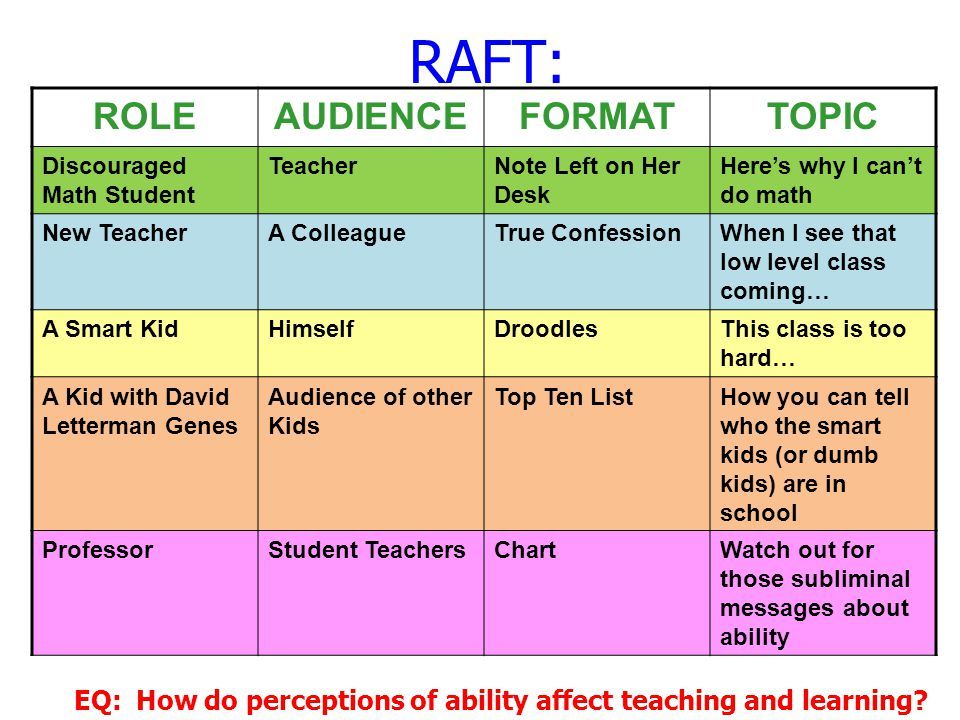 nine0003
nine0003
How to get a child interested in mathematics if teaching at school is mediocre?
First, let's make a reservation that "mediocre teaching" is a very conditional term. All parents and teachers have a different idea of what it should be. But in general, I understand what you mean: let's say a child comes from school with dull eyes, and at the very word "mathematics" he develops a persistent disgust.
Let's try to understand why children cannot be torn away, for example, from computers, in contrast to the study of mathematics. What attracts them so much in computer games? It seems to me that several factors are at work:
- they are not forced to play;
- do not scold in case of failure;
- children understand the goal (to score a goal, overcome an obstacle), it is significant for them, and they achieve it themselves;
- they are interested in content, design;
- achievements are necessarily recorded (points, levels), which feeds the feeling of victory;
- the results of the game are significant for peers, and thus the child's need for recognition is satisfied.
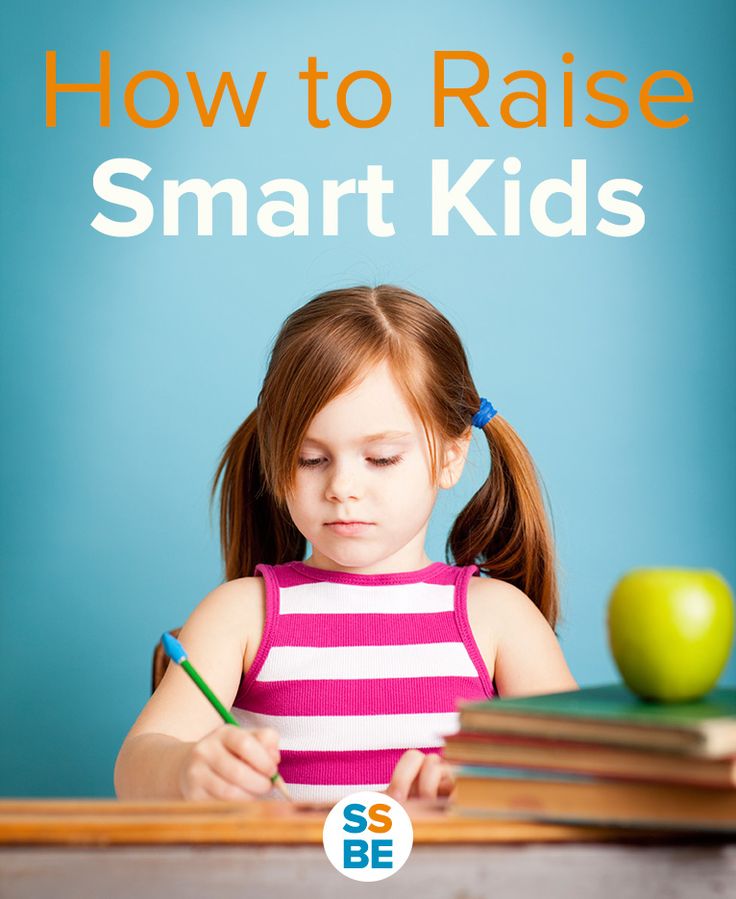 nine0123
nine0123
This set of factors sufficiently provides the mechanism of motivation “must” – “I want” – “I can”. To interest a child in mathematics, you can act by analogy.
Ludmila Peterson1. The main thing is not to force, but to inspire
The desire to engage in any business arises only in an atmosphere of mutual respect, trust and goodwill. Without close relationships with children, parents can do little to help them other than buying food, clothes, and stationery.
It is very important to understand what exactly makes a child unwilling to study. This requires a calm, nonjudgmental conversation. The child must be sure that you are asking him not to evaluate or give instruction, but to help him cope with what is not working yet. nine0003
Give him a chance to talk. Think together about the reasons why math has become an unloved subject. It is always easier to attribute everything to “mediocre teaching” or to something else external that does not require work on oneself.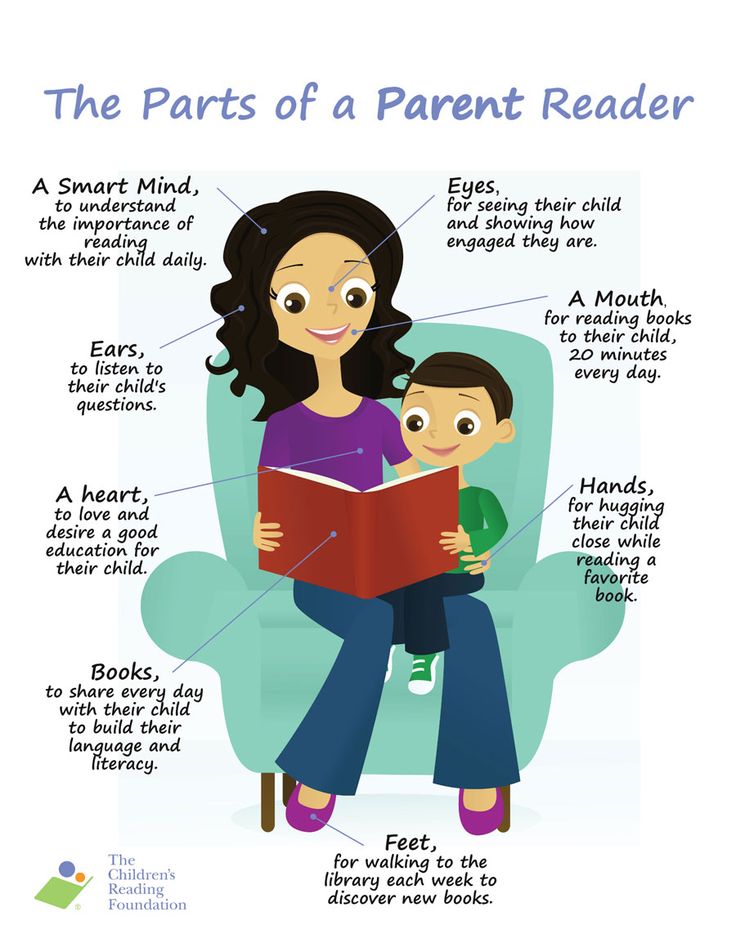 But this will not help solve the problem, rather the opposite. To inspire a child to work on himself, you need to sincerely believe in him and not get tired of repeating that he will succeed.
But this will not help solve the problem, rather the opposite. To inspire a child to work on himself, you need to sincerely believe in him and not get tired of repeating that he will succeed.
2. Do not scold your child for mistakes and poor grades
This does not mean remaining indifferent to its results. On the contrary, an adequate reaction of parents to failure is empathy and complicity: "Let's figure out what has not worked out so far." It is not notation that helps to move forward, but awareness of one's problems.
Each child develops at an individual pace, so it is not the result that matters, but the dynamics relative to oneself.
Any effort is already a small victory. A job well done is one more step. It turned out that it didn’t work before - the next
It is very important to notice and fix any forward movement, even the smallest one. Then the child will feel that he is not accused, his parents are on the same side with him, they are his friends and support.
3. Help to achieve the goal
The child's awareness of what is not yet achieved will help lead him to a new goal. In studies, it is always to find out what he “does not know” yet, to learn what he “does not know” yet. That is why it is so important to understand what specifically causes difficulties. Let me give you an example of an introductory dialogue. Suppose he says that he understands nothing about mathematics. nine0003
— Nothing at all? Let's look through the textbook, notebook.
— Are you able to do such tasks? What about those?
When examining a textbook together with a child, you need to show the simplest tasks first, then the more difficult ones. And so on until the really incomprehensible comes across. Next, we need to think together how to carry out such tasks.
— Excellent! You figured out what you need to learn (goal). Now let's think about how this can be done?
It is important to let the child speak out, to listen to his options, to suggest the possibilities that he did not name.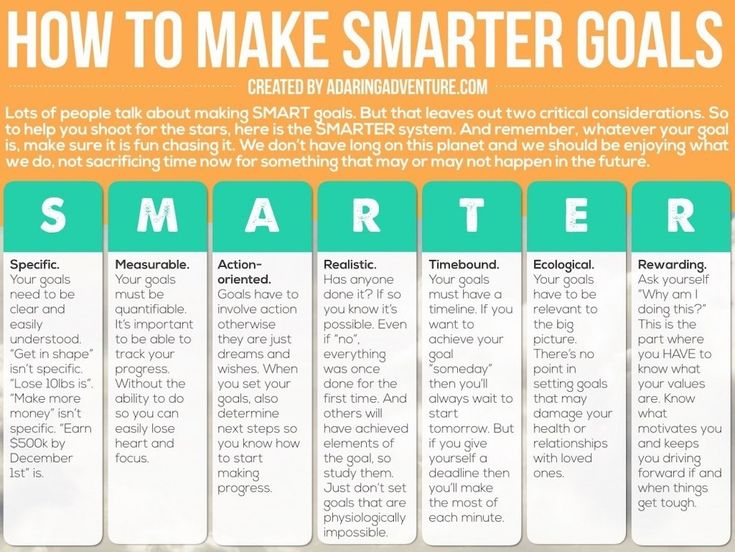 There may be many of them. For example, approach a teacher, ask a friend or older sister, figure it out from a textbook on your own or with you. nine0003
There may be many of them. For example, approach a teacher, ask a friend or older sister, figure it out from a textbook on your own or with you. nine0003
The main thing is to outline an action plan and bring it to a successful result. Let the child believe in himself, be sure to pay attention to what happened: “That’s cool, but you said you don’t know how!”
4. Maintain interest
Of course, it is useful to involve a child of any age and any level of training in solving game and non-standard tasks. It's always better to start small. Throw up a problem that he will definitely cope with, and then another one, more difficult.
Now on the Internet you can find a huge number of interesting tasks of any complexity, not limited, of course, only to our textbook. For example, the wonderful books by Y. Perelman "Entertaining Mathematics", "Funny Problems", "Quick Counting", "Live Mathematics"; B. Kordemsky "Mathematical ingenuity"; A. Kalinina, E. Katz, A. Tilipman "Mathematics is in your hands", cartoon problems from TED and many others.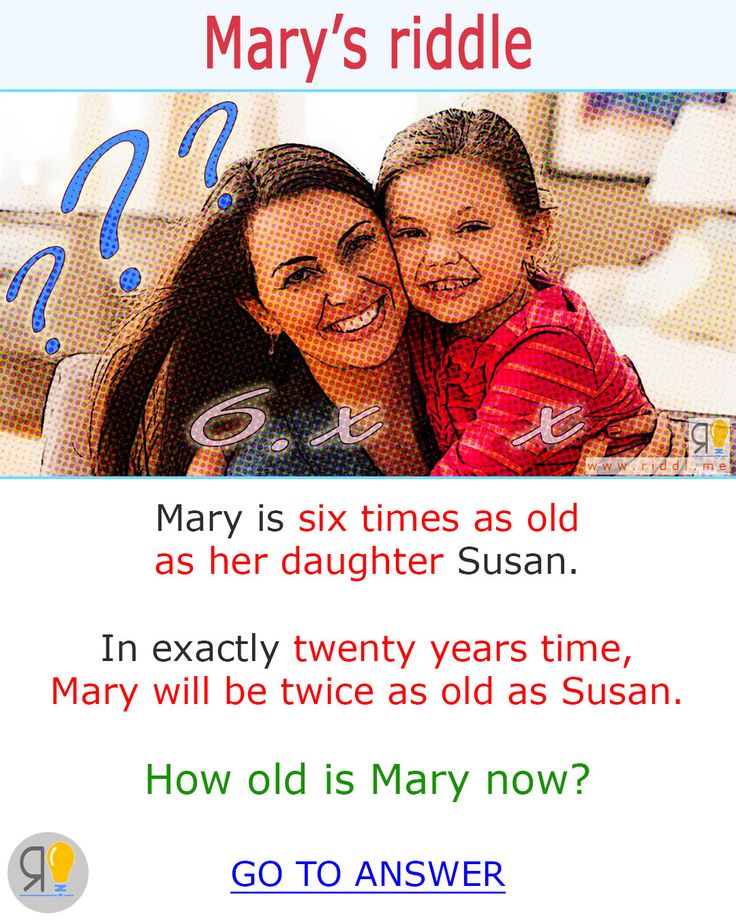 nine0003
nine0003
Don't rush, don't chuckle if he gives a wrong answer. Admire his achievements: “Wow, but I didn’t guess! Great!"
If a child's eyes light up when he talks about a problem that he could solve, then he is ready to set higher goals - first participation, and then victory in various mathematical Olympiads. Now, in addition to the All-Russian Olympiad for schoolchildren, there are many, full-time and online. The main thing is to make sure that interest does not disappear, and that the level and pace are feasible for him. nine0003
5. Notice and fix the situation of success
The child will always strive only for what he succeeds. We all, like water for life, need a situation of success. The teacher Vasily Sukhomlinsky wrote: "The child draws moral strength to overcome his weaknesses in his successes."
At the same time, success is not directly related to grades. For example, you can get an A for writing off work. There is nothing to rejoice. And you can, with effort, reach the top three - this is a real victory! Her formula: "difficulty - effort in overcoming it - success. " The greater the effort, the happier the victory. nine0003
" The greater the effort, the happier the victory. nine0003
Adults often praise a child only for grades. It seems to me that it is much more important to observe his efforts, dynamics, achievement of goals and share the joy of victories with him.
6. Make victories meaningful family events
The need for recognition and respect from others is one of the basic needs of any person. Recognition gives rise to self-confidence, the desire to achieve a result that is significant for others.
That is why the family's attention to success is so important. Tell your grandparents about your child's victories. Remember and rejoice during a family dinner or on a walk. By doing this, you will not only support the desire to do mathematics, but also help your child develop self-respect. nine0003
These simple rules are just some model that does no harm to follow. Of course, it is important that mathematics be interesting to the parent himself: the more useful it will be, the more he is passionate about it. After all, you can hardly be carried away by something that you yourself are not interested in.
After all, you can hardly be carried away by something that you yourself are not interested in.
What should adults do who did not like mathematics at school, but now they understand that they missed something important? Where to begin?
Now there are more and more such adults. Recently, I came across a book by Nelly Litvak, professor of mathematics at the University of Twente in Holland, in collaboration with Alla Kechedzhan, "Mathematics for Hopeless Humanities", which was born as a response to this request from adults. The authors, having learned how many readers the book has, created a Facebook group for them called "Mathematics - Great and Terrible". Now it has tens of thousands of members and is constantly growing. nine0003 Nelly Litvak and Alla Kechedzhan’s book “Mathematics for Hopeless Humanities” was published by AST in 2019
This is just one example, but many other excellent books can be recommended. For example, “The Great Novel about Mathematics. The history of the world through the prism of mathematics" Mikael Lone.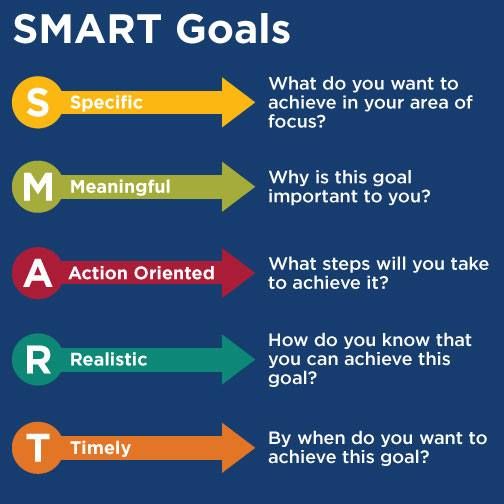 This book is part of the "Pleasure of Science" series and helps to understand how interesting and exciting mathematics is. The author tells about the history of this science from antiquity to the present day and about what it will become in tens, hundreds of years. nine0003 Mikael Lone's book “The Great Romance of Mathematics. The history of the world through the prism of mathematics” was published by the publishing house “Bombora” in 2017
This book is part of the "Pleasure of Science" series and helps to understand how interesting and exciting mathematics is. The author tells about the history of this science from antiquity to the present day and about what it will become in tens, hundreds of years. nine0003 Mikael Lone's book “The Great Romance of Mathematics. The history of the world through the prism of mathematics” was published by the publishing house “Bombora” in 2017
There are also many fascinating videos and films of various genres that inspire the study of mathematics. For example, the videos "We and Math", "Nature in Numbers", the films "The Great Secret of Mathematics", "Proof", "Good Will Hunting", "Sensual Math", "X + Y", "Professor's Favorite Equation", " The Man Who Knew Infinity", "Secret Sign", "Sofya Kovalevskaya", "Twenty One", "The Big Short Game", "Stephen Hawking's Universe", "Infinity", "Agora", "Pi", "Math and the Devil ”,“ I.Q. ”,“ Mind Games ”. nine0003
There are many lectures and comprehensive math courses for adults on the Internet, including free ones.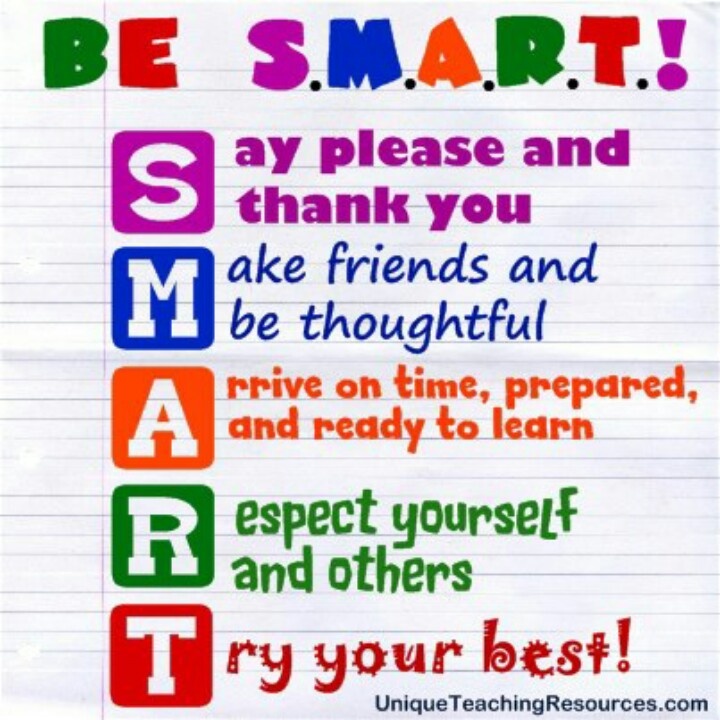 In a couple of hours, everyone can build their own trajectory of mathematical development. The best scenario is to study it together with children, discover new mathematical concepts and formulas with them, solve interesting problems, joke and enjoy success. And the main thing is to communicate with them and do a common thing, for which parents often do not have enough time today and what children need so much.
In a couple of hours, everyone can build their own trajectory of mathematical development. The best scenario is to study it together with children, discover new mathematical concepts and formulas with them, solve interesting problems, joke and enjoy success. And the main thing is to communicate with them and do a common thing, for which parents often do not have enough time today and what children need so much.
in 2019year, your benefits returned to the federal list of textbooks. What has changed for you since then and what are your plans for the new academic year?
The return of the textbooks to the FPU, no doubt, removed the gigantic problem that prevented the work of thousands of schools and kindergartens. Not only because teachers can use textbooks again without any problems. The main thing is that justice has been restored in relation to brilliant teachers who have prepared more than one generation of successful and talented children over the years. nine0003
As always, we have a lot of plans.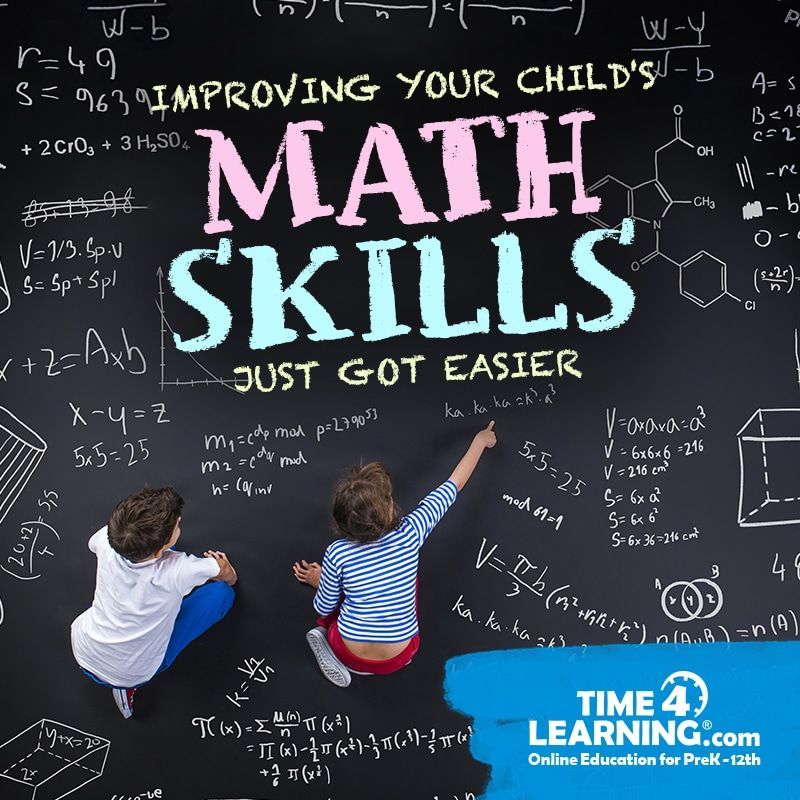 For all teachers working on our continuous mathematics course "Learning to Learn", there will be free monthly online consultations for all classes.
For all teachers working on our continuous mathematics course "Learning to Learn", there will be free monthly online consultations for all classes.
In September, we are planning to launch the Smart Solver project. This is an online educational platform where children and parents can not only find ready-made solutions to the tasks of our course, but also independently understand the causes of difficulties associated with solving certain problems. nine0003
We continue the work of the Federal Innovation Platform and the All-Russian Research Project, which today brings together more than four thousand leaders in their regions. This year, the All-Russian project became international. Within these platforms, we develop and test new directions for solving problems that concern everyone today: how to systematically and effectively form the ability to learn, how to measure and evaluate meta-subject results of education, how to transfer schools with so-called low learning outcomes for children, the system of Olympiad training in mathematics from 1st to 9thth class. We are looking for answers to these and other questions: we create educational programs and technologies, test them in schools and kindergartens.
We are looking for answers to these and other questions: we create educational programs and technologies, test them in schools and kindergartens.
Each student in our "Children's Academy" undergoes a comprehensive monitoring of aptitudes, according to the results of which our specialists, together with the child himself and his parents, draw up an individual route of his education. Classes at the "Children's Academy" are more like exciting quests, where everyone can move at their own pace along the chosen route.
Children work in groups of different ages - they play, experiment, build mathematical models, solve design problems in teams. For each group, the lesson is assembled with the help of a special "constructor" that takes into account the age, interests, and characteristics of the children of this group.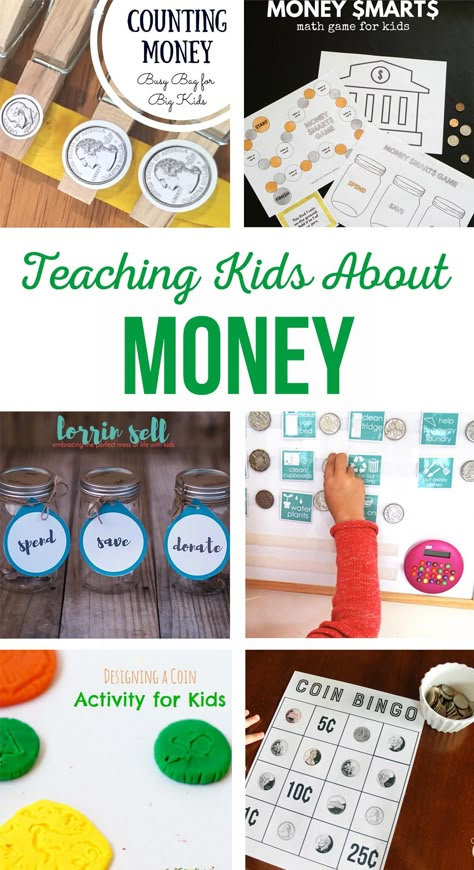 Thus, we implement the ideas of personalized learning (including within the framework of online education). nine0003 Lyudmila Peterson with participants at the IMC Quality Mark "Learning to Learn" award ceremony in 2018
Thus, we implement the ideas of personalized learning (including within the framework of online education). nine0003 Lyudmila Peterson with participants at the IMC Quality Mark "Learning to Learn" award ceremony in 2018
Last time you said that education should result not only in knowledge, but also in the development of certain qualities in children. Can we say that modern education is moving in this direction?
Yes, this is the key question. From his decision, in my opinion, the competitiveness of the school in the future will depend. More and more parents are waiting for their children to be interested in learning, so that their faith in their own strengths grows, experience of personal and collective victories accumulates, so that they are ready for self-development and consciously choose their path - along with the acquisition of new knowledge. All this is achieved by the meta-subject results of education, the skills of the 21st century. nine0003
This requires new teaching methods.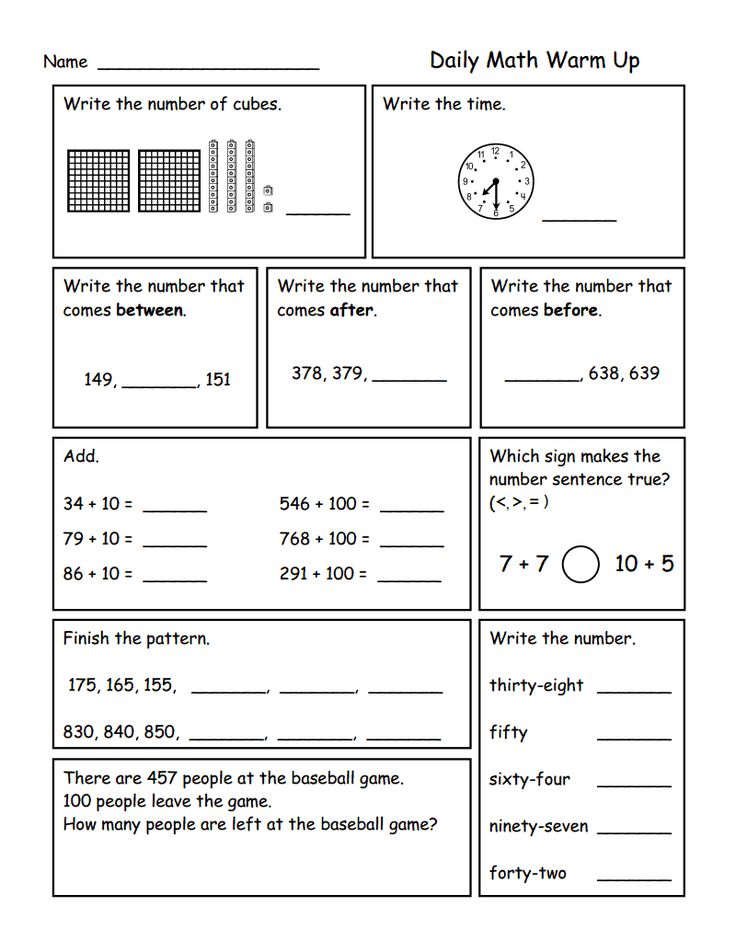 However, in practice, educators often prefer to simply explain topics to children. The reason is clear. Any structure, achieving efficiency, focuses on the result for which it reports. In our case, these are mainly administrative tests, the average score of the VPR, the OGE and the Unified State Examination. These results are achieved to some extent by habitual training.
However, in practice, educators often prefer to simply explain topics to children. The reason is clear. Any structure, achieving efficiency, focuses on the result for which it reports. In our case, these are mainly administrative tests, the average score of the VPR, the OGE and the Unified State Examination. These results are achieved to some extent by habitual training.
Why should teachers change something? After all, explaining the material to children is much easier than leading them to discover it on their own
A real transition to a new school requires new measures of educational outcomes. Now many people are engaged in this area, including us, both in theoretical research and applied development within the framework of the over-subject course "The World of Activity".
Already today there are different options for criteria and monitoring of meta-subject skills, but so far they are all in the testing stage. There is still a lot of work ahead to refine and improve them.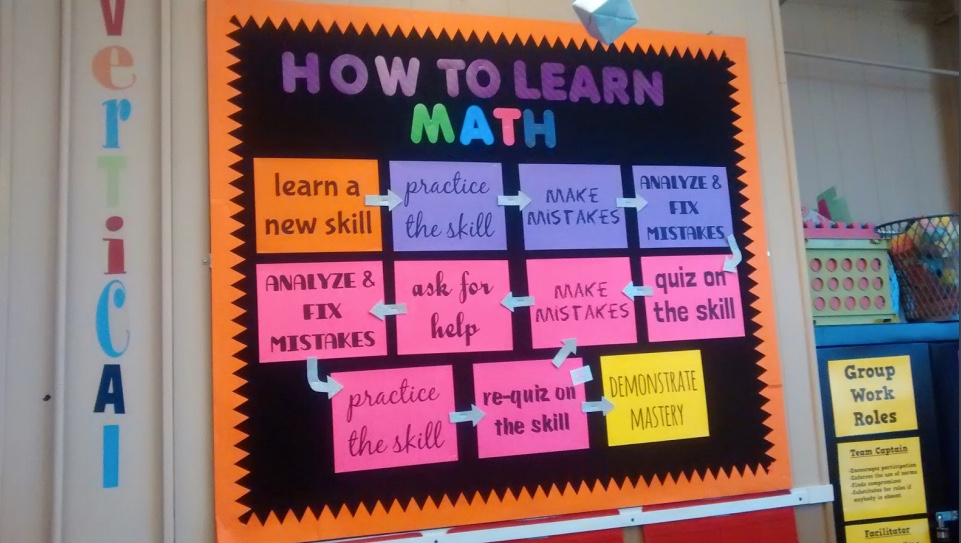
How significant is the USE in this sense? Or is it just about knowledge? nine0105
The exam, like any exam, of course, is not only about knowledge, but also about diligence, responsibility, the ability to build a strategy for one's preparation, cope with excitement, focus and much more. However, the final result of the USE, from my point of view, does not provide sufficient information about the quality of education.
What was the initial level of the child and what is the dynamics of his growth? What can he do on his own - without tutors and mentors? Does he know how to work in a team? What are his interests and hobbies? How stress-resistant is he if something goes wrong? What are his goals and plans and how does he set and describe them? nine0003
The answers to these and many other questions, it seems to me, are no less important for evaluating the results than the score received on the USE. Moreover, it is these questions that will primarily be of interest to future employers of our graduates.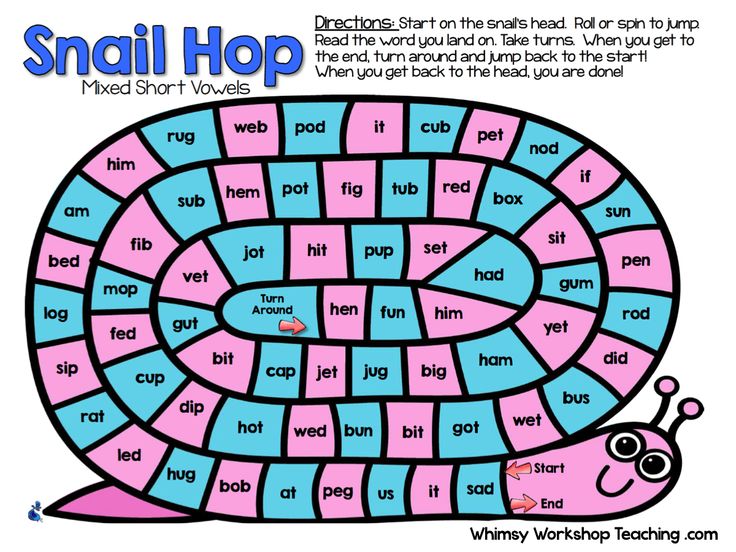
Therefore, it is obvious to me that the USE will change and be supplemented over time in order to meet the requirements of our life.
You have been doing mathematics for many years, and you don't seem to get bored at all. Tell us why it might be of interest to everyone? nine0105
The most precise definition of mathematics was given, in my opinion, by the great Henri Poincaré: "Mathematics is the art of calling different things by the same name." This definition combines the essence of the mathematical language - a generalized description of the patterns of the surrounding world - and the magic and beauty that mathematical laws carry. Albert Einstein was always surprised and admired by how easily and clearly mathematics describes the Universe.
Let's take a simple series of numbers: 1, 1, 2, 3, 5, 8, 13, 21, 34, 55… In it, each number, starting from the third, is equal to the sum of the previous two. This sequence was built by Leonardo Fibonacci over seven centuries ago.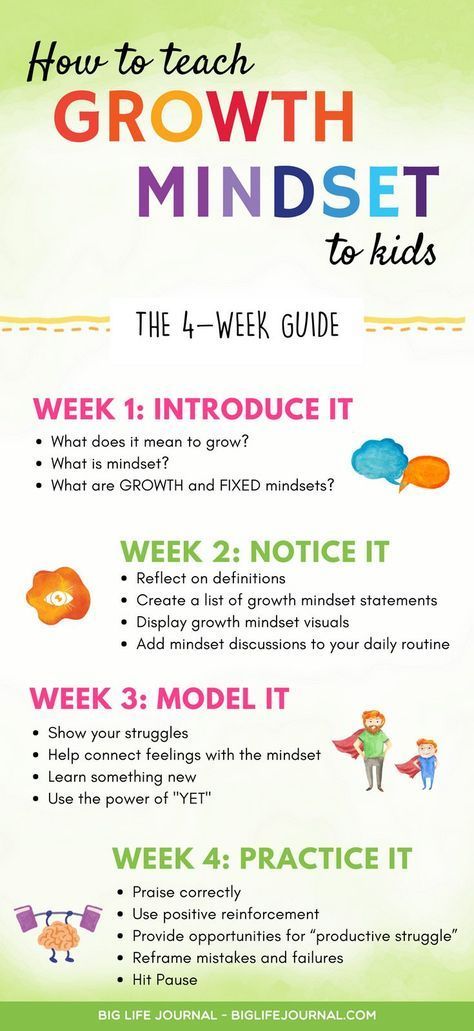 And it turned out that it is these numbers that, as a rule, express the number of petals on flowers. How can it be? nine0003
And it turned out that it is these numbers that, as a rule, express the number of petals on flowers. How can it be? nine0003
But that's not all. The sequence of Fibonacci numbers can be visually depicted using a spiral. We will unexpectedly find this form in nature on completely unrelated objects: snail spirals, Galaxy spirals, spirals on a cut of a head of cabbage, in a sunflower inflorescence, whirlwinds and cyclones have the same form.
Fibonacci sequenceWhy is that? Why is the ratio of numbers in the golden ratio, which simultaneously describes the proportions of the human body, and the arrangement of leaves on the stem of a flower, and the rules of harmony in painting, architecture, design, which are already more than 4000 years old, all this is directly related to the ratio of neighboring numbers of the Fibonacci series? Is it really possible not to be surprised? nine0003
For me, the beauty of mathematics is associated primarily with the depth and universality of its laws
If, for example, we randomly select 1000 people and plot their distribution by height, then we get a Gaussian curve, where the top point of the graph will correspond to the average height in the group.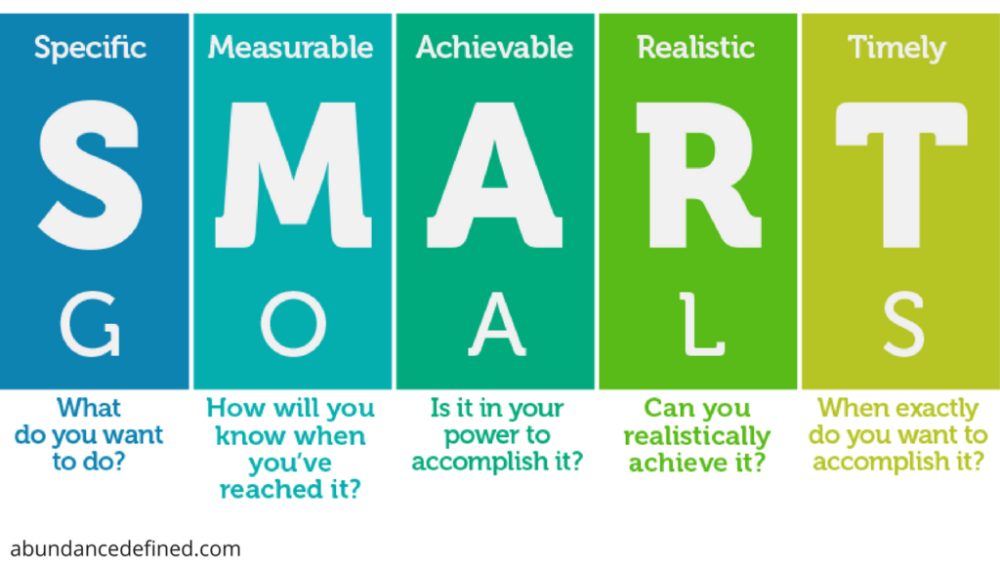 The more people in the sample, the more aesthetically perfect the line will be. The famous English scientist Francis Galton said: "If the ancient Greeks knew the Gaussian law of normal distribution, they would have deified it." nine0003
The more people in the sample, the more aesthetically perfect the line will be. The famous English scientist Francis Galton said: "If the ancient Greeks knew the Gaussian law of normal distribution, they would have deified it." nine0003
Mathematics is a living, developing science. Today, of course, it does not describe all the phenomena of the world, and this means that amazing mathematical discoveries await us ahead. We want children to master this science as part of culture, so the main task is to help them see mathematics in its development, to feel the beauty and depth of its laws.
To do this, it is important to create an environment in which children can make discoveries for themselves - face the unknown, experience inspiration, put forward their ideas, experience victories and failures, be surprised and admire the logic of mathematics and the beauty of mathematical laws. We see our task in creating pedagogical tools for this - technologies, methods, new content of mathematical education.